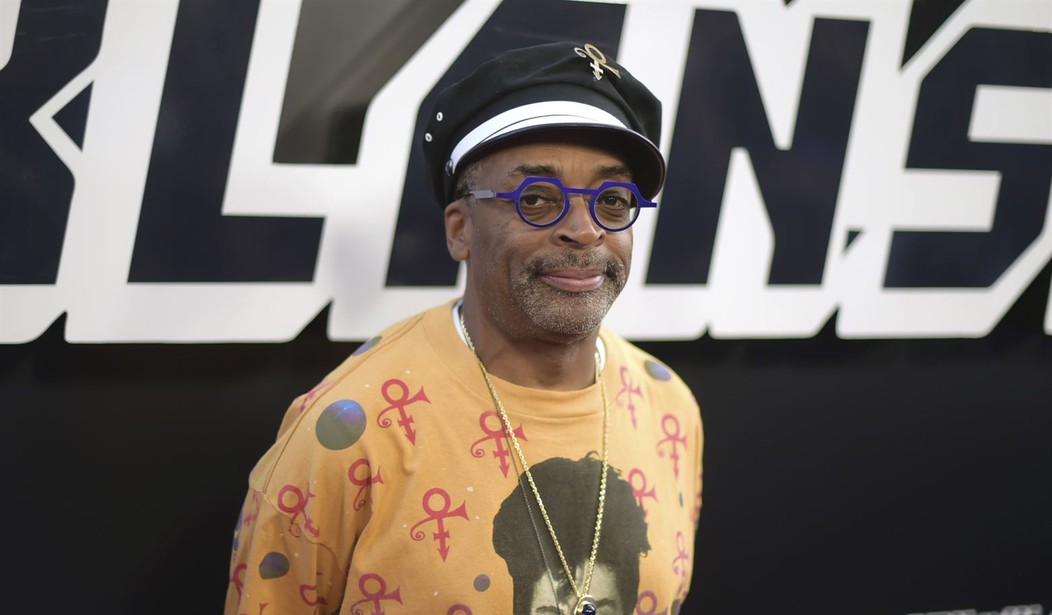There’s a saying that history repeats itself, whether it be in actually history or someone’s life. For director Spike Lee, it’s almost a cruel twist of fate. Lee’s film “BlacKKKlansman” was nominated for Best Picture at this year's Academy Awards. It’s about a black Colorado Springs detective, played by John David Washington, son of Denzel Washington, who fakes being a white racist over the phone, eager to join the Ku Klux Klan. Adam Driver plays his white, and Jewish, partner, playing Washington’s ‘white version’ of himself when the former is invited to attend Klan meetings. It’s a good movie. Yes, I do enjoy a Spike Lee Joint every now and then, but it lost to “Green Book,” a film about Frank ‘Tony Lip’ Vallelonga and jazz pianist Don Shirley’s concert tour though the Deep South during the segregationist era.
The film’s title is derived by “The Negro Motorist Green Book,” which helped black motorists find friendly spots for food and lodging in the Jim Crow era. In the movie, Lip is Shirley’s driver and bodyguard. Tony Lip’s son wrote the film, and if Tony Lip sounds familiar, you might remember the late actor who starred in The Sopranos as Carmine Lupertazzi, Goodfellas, and Donnie Brasco. Both Lip and Shirley died in 2013. But are you seeing the gnawing reason for why Lee was upset over losing? It’s 1989 all over again.
During that period, Lee’s film “Do The Right Thing” failed to be nominated for Best Picture. The movie is a raw look into racial tensions within a Brooklyn neighborhood on one of the hottest days of the summer. It’s another great Lee film that many said was overlooked during awards season. During that year, the Best Picture went to “Driving Miss Daisy,” which Lee refers to as “that one.” Prior to the Oscars, CBS Sunday Morning interviewed Lee and you could still see that it bothers him. And the program also noted something else about this year’s nominations. Lee was once again pitted against a film where America’s discussion about race was centered on two people in a car.
“Driving Miss Daisy” starred Morgan Freeman who drove Miss Daisy, played by Jessica Tandy. “Green Book” was this film in reverse with a white man driving a black musician. Yes, Lee was still angered by this, reportedly trying to leave when the Best Picture winner was announced, later saying that the Academy made a “bad call.” Lee didn’t leave empty-handed, however. He did win Best Adapted Screenplay for BlacKKKlansman. Still, it must be gnawing for Lee. Thirty years after failing to win Best Picture award, and you get dashed of that trophy with a film that some have called “Driving Miss Daisy” in reverse. Hence, why Lee said anytime “someone is driving somebody, I lose” (via NYT):
Recommended
Lee tried to storm out of the Dolby Theater just after "Green Book" was announced the winner at the end of the Oscar show, according to various media accounts, then came back to his seat, where he turned his back on the stage during "Green Book" acceptance speeches.
"Green Book," based on a true story of the unlikely friendship between a black pianist and his white driver touring the racially segregated U.S. Deep South during the 1960s, also won for best original screenplay and supporting actor, Mahershala Ali.
In the press room backstage, Lee recalled that a previous racial drama of his, "Do The Right Thing," had failed to earn a best picture nomination for the Oscars in 1989, the year that the film "Driving Miss Daisy" - about a black chauffer for a white elderly Southern woman - won the award.
[…]
"I'm snakebit. Every time someone is driving somebody, I lose," Lee told reporters in response to a question about his reaction to the win for "Green Book."
The director, a big fan of the National Basketball Association's New York Knicks, recounted when he heard "Green Book" announced as the year's best picture winner, "I thought I was courtside at the (Madison Square) Garden, and the ref made a bad call."

























Join the conversation as a VIP Member